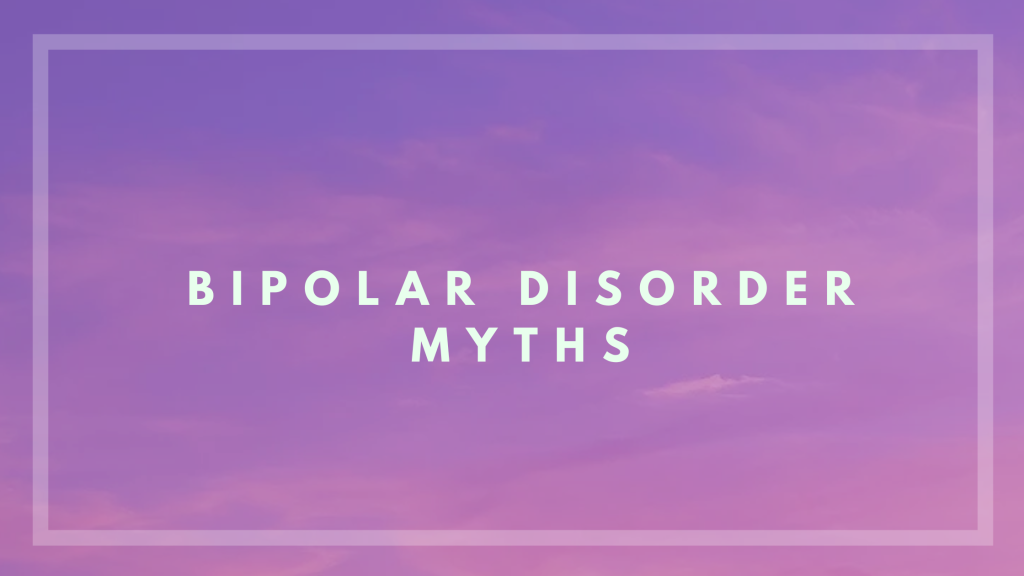Bipolar disorder is possibly the most misunderstood condition we work with as therapists. If you or a loved one have been diagnosed with bipolar disorder, all the misinformation about bipolar disorder may leave you feeling worried. In this blog, we’ll debunk some common bipolar disorder myths and start uncovering the truth about this complex condition.
Myth – Everyone with Bipolar Disorder Has the Same Symptoms
There are different types of bipolar disorder that have unique symptoms. Therapists utilize these individual diagnoses to improve the available treatment and support
provided to clients who are diagnosed with bipolar disorder. The three main types of bipolar disorder include:
- Bipolar I Disorder – manic episodes that last at least a week and depressive episodes that can last two or more weeks. Both mania and depressive periods can be very severe, leading to a need for emergency medical and/or mental health interventions.
- Bipolar II Disorder – both depression and manic episodes occur. However, the “highs” of bipolar II disorder aren’t as high as those associated with bipolar I.
- Cyclothymic Disorder – involves emotional highs and lows, but they do not tend to be as severe as the other two common types of bipolar disorder.
Myth – Bipolar Disorder Doesn’t Improve with Treatment
One of the most disheartening things about bipolar disorder is that many people believe there’s no hope to improve the symptoms of this diagnosis. In fact, there are numerous ways to alleviate adverse symptoms of bipolar disorder, and they are often used in conjunction to improve a client’s satisfaction and stability every day. For many people, medications like mood stabilizers and antidepressants are used in conjunction with therapy. Counseling may be traditional talk therapy. It usually includes identifying and avoiding bipolar triggers, seeking support when symptoms intensify, and building a support network.
Myth – Only Adults with a Family History of Bipolar Disorder Develop It
The majority of individuals diagnosed with bipolar disorder are adults, and having a family history of this condition does increase your risk. However, anyone of any age can be diagnosed with bipolar disorder, including children, teens, and adults. Genetics may play a part, but many people diagnosed with bipolar disorder have no family history of this condition.
Learn More Bipolar Disorder Truths
Bipolar disorder can be managed effectively with the support of a therapist. If you’re interested in learning more truths about bipolar disorder, the Lotus Psychology Group team would love to hear from you. Simply take a few moments to call (248) 957-8973, email info@lotuspsychgroup.com, or by completing out our online scheduling request form.

